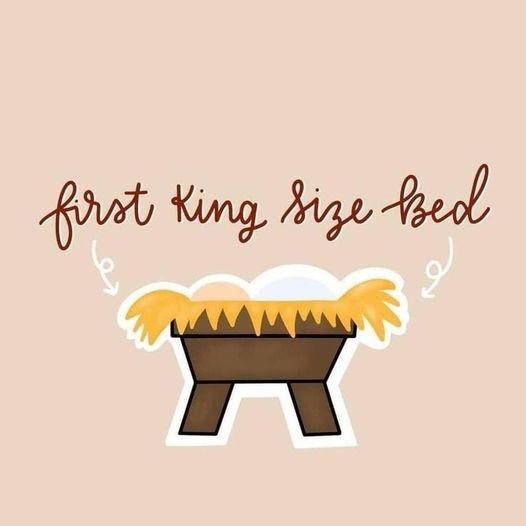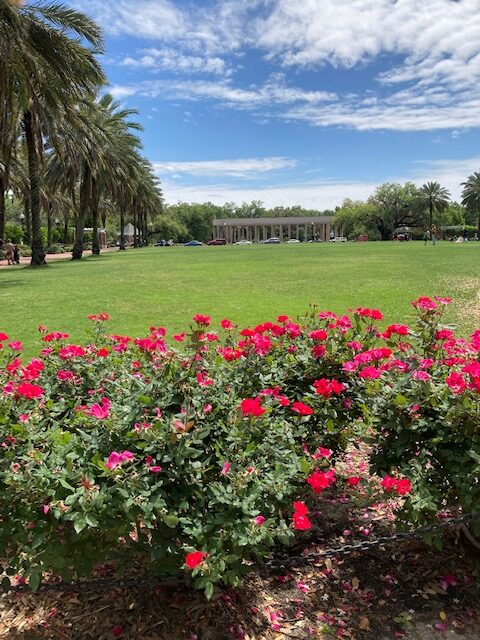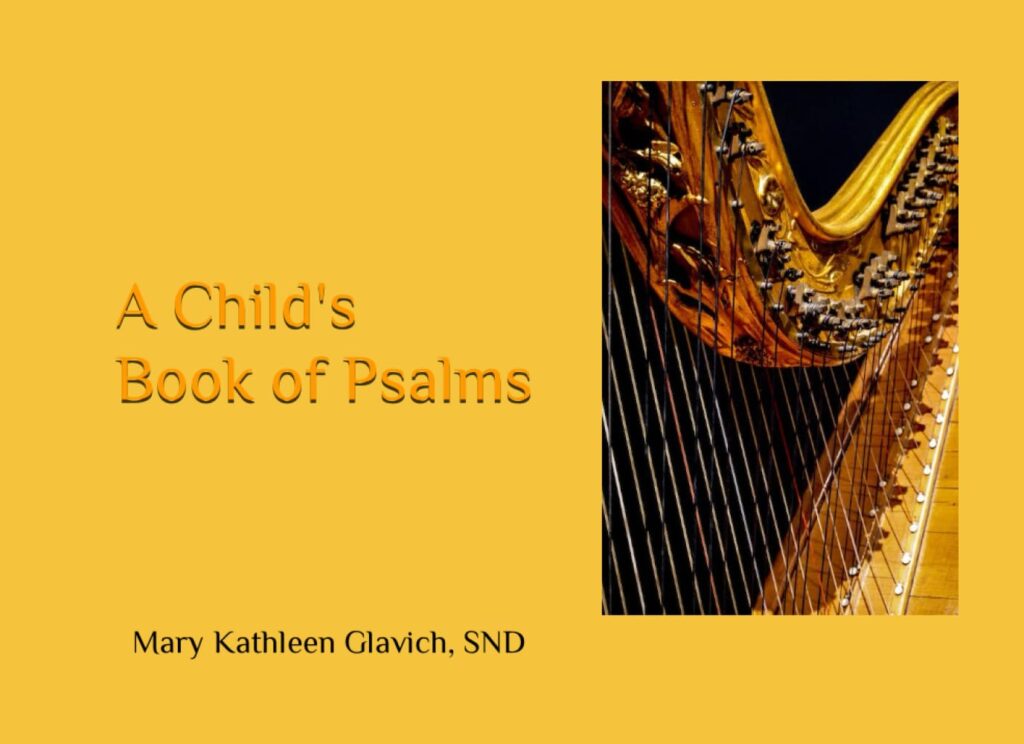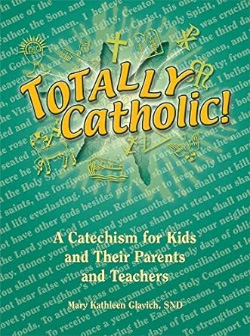
Maybe like me you are being bombarded with helps to turn your Advent into a grace-filled season. Books, pamphlets, as well as podcasts, videos, and reflections emailed or sent to your site promise to accompany you during these three weeks. (We are cheated this year because the fourth week is only one day long.)
My Cleveland Diocese has offered an excellent reflection taken from the Trappist Thomas Merton’s book Seasons of Celebration. It is entitled “Advent: Hope or Delusion.” In our world wracked with wars and violence, I find it particularly pertinent. I especially like the final two paragraphs. Here is the whole reflection:
“We must remember that Christian optimism is not a perpetual sense of euphoria, an indefectible comfort in whose presence neither anguish nor tragedy can possibly exist. We must not strive to maintain a climate of optimism by the mere suppression of tragic realities. Christian optimism lies in a hope of victory that transcends all tragedy.”
“Advent should remind us that the ‘King Who Is to Come’ is more than a charming infant smiling (or if you prefer a dolorous spirituality, weeping) in the straw.
….

“But the Church in preparing us for the birth of a ‘great prophet,’ a Savior and a King of Peace, has more in mind than seasonal cheer. The Advent mystery focuses the light of faith upon the very meaning of life, of history, of [humanity], of the world and of our own being. In Advent we celebrate the coming and indeed the presence of Christ in our world. We witness to His presence even in the midst of all its inscrutable problems and tragedies. Our Advent faith is not an escape from the world to a misty realm of slogans and comforts which declare our problems to be unreal, our tragedies nonexistent.
….
“So too, we may at times be able to show the world Christ in moments when all can clearly discern in history, some confirmation of the Christian message. But the fact remains that our task is to seek and find Christ in our world as it is, and not as it might be. The fact that the world is other than it might be does not alter the truth that Christ is present in it and that His plan has been neither frustrated nor changed: indeed, all will be done according to His will. Our Advent is the celebration of this hope. What is uncertain is not the ‘coming’ of Christ but our own reception of Him, our own response to Him, our own readiness and capacity to ‘go forth to meet Him.'”
….
“Yet we believe that He who has come and will come is present here and now: that we are in His Kingdom. Not only that, but we are His Kingdom.
….
“Do [others] have a right to ask of us this question: ‘Are you the Kingdom of Christ Who is come, the Prince of Peace, the Just One, the Messiah who comes to bring unity and peace to the divided world of [humanity]’?” “Do [others] have a right to see in us some evidence of the presence and action of Christ, some visible manifestation of the Pneuma [the Spirit of Christ]?
….
“The Advent mystery in our own lives is the beginning of the end of all, in us, that is not yet Christ. …And that is surely a cause for joy!”
Recently I came across the song “Baker Woman,” which was popular decades ago. Besides the catchy melody, it has intriguing words centered on Mary as the baker. Now that we are observing years devoted to the Eucharist, this song is very apt. Here is one version with the lyrics printed below:
The Baker Woman
The baker woman in her humble lodge
received a grain of wheat from God.
For nine whole months the grain she stored.
Behold the handmaid of the Lord.
Make us the bread, Mary, Mary; we need to be fed.
The baker woman took the road
which led to Bethlehem, the house of bread.
To knead the bread she labored through the night,
and brought it forth about midnight.
Bake us the bread, Mary, Mary; we need to be fed.
She baked the bread for thirty years
by the fire of her love and the salt of her tears,
by the warmth of her heart so tender and bright,
and the bread was golden brown and white.
Bring us the bread, Mary, Mary; we need to be fed.
After thirty years the bread was done.
It was taken to the town by her only Son;
the soft white bread to be given free
to the hungry people of Galilee.
Give us the bread, Mary, Mary; we need to be fed.
For thirty coins the bread was sold,
and a thousand teeth so cold, so cold
to it to pieces on a Friday at noon
when the sun turned black and red the moon.
Break us the bread, Mary, Mary; we need to be fed.
And when she saw the bread so white,
the living bread she had made at night
devoured as wolves might devour a sheep,
the baker woman began to weep.
Weep for the bread, Mary, Mary;
Weep for the bread we need to be fed.
But the baker woman’s only Son
appeared to his friends when three days had run
on the road which to Emmaus led,
and there she knew him in the breaking of bread.
Lift up you head, Mary, Mary;
Lift up your head, for now we’ve been fed.








